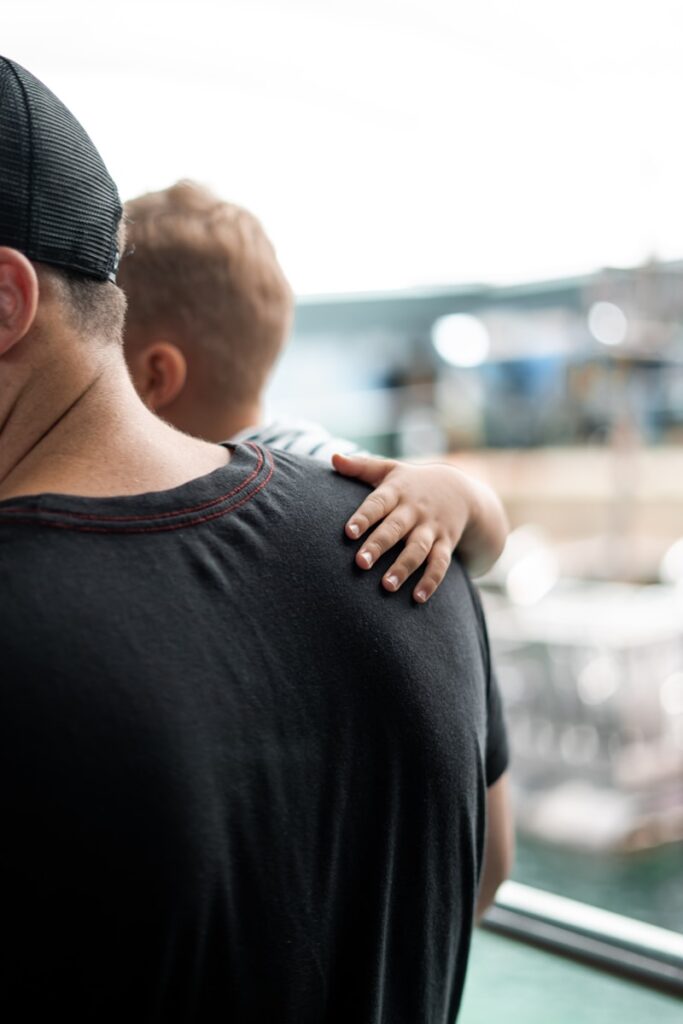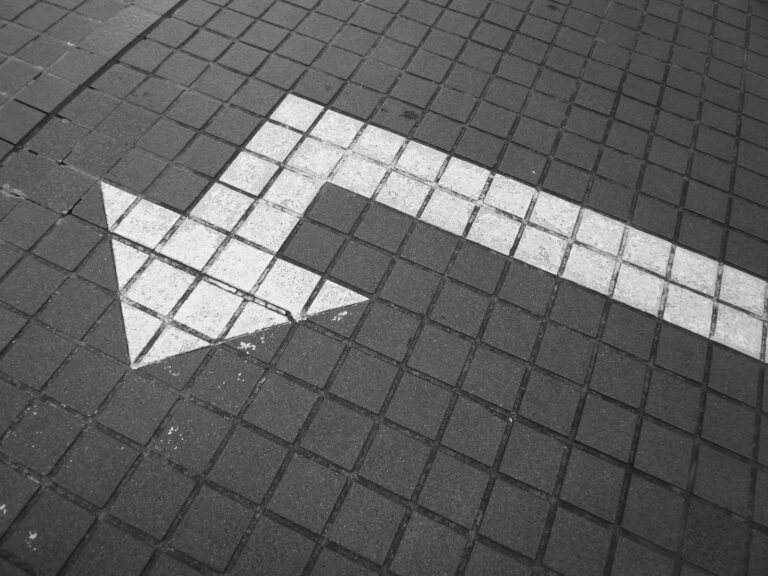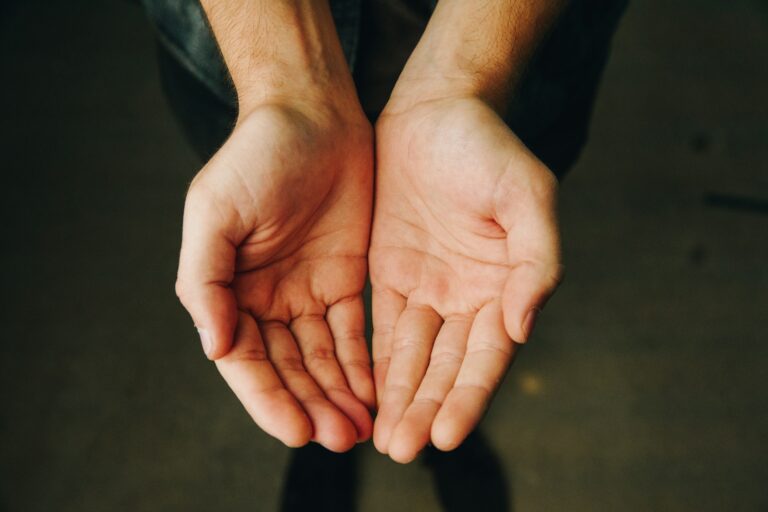What Does “I papi” Mean In Spanish? Understanding Phrase
You’re out with friends at a lively Spanish restaurant, and you hear someone call out, “¡Ay, papi!” You chuckle, but deep down, you’re wondering what that means. It’s not just about translating words; it’s about understanding the culture behind them. “Papi” might sound like “daddy” in English, but it carries so much more flavor and nuance in Spanish.
Imagine you’re traveling through a colorful market in Mexico, and a vendor greets you with a warm, “Hola, papi!” It’s friendly, endearing, and instantly makes you feel like you’re part of the community. This simple word can express affection, admiration, or even flirtation, depending on the context.
So, what’s the real story behind “papi”? Stick around, and you’ll discover how this term weaves its way through everyday conversations, music, and even pop culture, giving you a richer understanding of Spanish-speaking worlds.
Understanding “I Papi” in Spanish

Exploring the phrase I Papi in Spanish means diving into cultural and linguistic nuances. Papi, commonly used to show affection, can puzzle non-native speakers when combined with I. Let’s explore why.
Breaking Down the Phrase
The phrase I Papi doesn’t fit standard Spanish grammar. Spanish structure relies on verb conjugations to indicate subjects, unlike English.
The Role of “I” in Spanish Phrases
In Spanish, yo is the first person singular pronoun for “I”. It usually accompanies verbs, not nouns or titles. For instance, you say yo soy to mean “I am”.
The Meaning of “Papi” in Spanish
Papi is an endearing term for “father” or “daddy”, used in informal settings. It’s popular in the Caribbean and Central America. You might hear it in songs or daily conversations to show respect or affection.
Here’s a clearer explanation in a table:
Term | Meaning | Usage Example |
|---|---|---|
yo | I | yo soy feliz |
papi | daddy/father | Hola, papi |
Literal vs. Contextual Meaning of “I Papi”
Literally, I Papi makes no sense in Spanish. But, context is king. This phrase might be found in pop culture, where linguistic rules bend for creativity. Perhaps a lyricist melded English with Spanish for flair.
Common Misconceptions About “I Papi”
Many assume I Papi translates directly or has a hidden meaning. But, it’s non-standard. Remember, language evolves. Next time you hear it, think about how culture and language shape unique expressions.
Understanding these elements enriches your grasp of Spanish, especially in conversational and artistic spaces.
Cultural Significance of “I Papi” in Spanish-Speaking Countries
The phrase “I Papi” carries rich cultural nuances in Spanish-speaking places. Its usage reflects not only language but also deep-rooted traditions and relationships.
Origins and Evolution of the Term
The term “I Papi” evolved from the longer phrase “¿qué dice ese letrero, Papi?” meaning “What does that sign say, Daddy?”. Over time, it became shortened to “I Papi”. This evolution shows how language can adapt, becoming more succinct while retaining its original charm. Initially used in a casual context, it’s now widespread in various situations.
Regional Variations in Usage
Different regions use “I Papi” in uniquely charming ways. Let’s explore these variations.
Caribbean Spanish vs. Mainland Spanish
Region | Usage | Common Contexts |
|---|---|---|
Caribbean | Endearing term | Addressing elders/authority |
Mainland Latin America | Informal, regional use | Limited contexts |
Urban vs. Rural Usage
Generational Differences in Using “I Papi”
Generational gaps influence the use of “I Papi” too.
Why does this matter? Understanding how “I Papi” varies helps bridge gaps and appreciate the rich world of Spanish-speaking cultures. Next time you hear someone say it, you’ll know it’s not just words — it’s a glimpse into their world.
When and How to Use “I Papi” in Spanish

Ever heard someone use “I Papi” and wondered what it means or when to use it? The term “I Papi” is a heartfelt and, at times, cheeky phrase in Spanish-speaking cultures. While “papi” translates to “daddy” or “father,” its usage goes beyond that. Let’s jump into the contexts where this phrase fits naturally and the spots where it might be out of place.
Appropriate Contexts for “I Papi”
In Romantic Relationships
Think of “I Papi” as a term of endearment similar to “honey” or “sweetheart.” It conveys warmth and closeness. Picture saying it in a loving whisper or during a playful banter with your partner; it’s all about showing affection. If you’ve got a significant other who makes your heart skip a beat, calling them “papi” adds that extra layer of intimacy.
Among Friends and Family
In many Spanish-speaking families, “papi” is a charming nickname for fathers, uncles, or older male relatives. It’s a sign of respect and admiration. Ever call your best buddy a nickname that feels almost like an inside joke? “Papi” works the same way among close friends, adding a touch of fun and familiarity. It’s like saying, “Hey, I see you, and I cherish you.”
Situations to Avoid Using “I Papi”
While “I Papi” can be endearing, using it in formal or professional settings might be a faux pas. Imagine addressing your boss or a business client with “I Papi” – it’s bound to raise eyebrows. Stick to this term for informal, more personal interactions to avoid coming off as too casual or unprofessional.
Gender Considerations and Alternatives
Interestingly, while “papi” refers to males, the language of affection knows no bounds. For a female counterpart, you might hear “mami” used just as affectionately. Think of these terms as flexible tools in your linguistic toolkit, letting you connect more deeply with those you care about.
Here’s a quick table to summarize:
Context | Usage Example |
|---|---|
Romantic Relationships | “Hey, papi, you amaze me!” |
Friends and Family | “What’s up, papi?” |
Formal/Professional | Avoid using in these settings |
Gender Alternatives | Use mami for females |
In the end, language is a beautiful, evolving entity. “I Papi” showcases how a simple phrase can carry affection, respect, and even a playful twist. So next time you’re in a cozy setting, why not try it out? What’s stopping you from adding that sprinkle of warmth to your interactions?
“I Papi” in Popular Culture
Ever wondered how a simple term transformed into a cultural phenomenon? I Papi isn’t just a phrase; it’s a staple in Spanish media and social spaces, giving you a glimpse into a rich, vibrant world.
Usage in Spanish Music and Media
In the music world, I Papi has made quite a splash. Artists like J Balvin and Bad Bunny throw the term around in their lyrics like confetti at a fiesta. Ever listened to J Balvin’s hit “Ay Vamos”? The catchy tune is one of many songs where papi means more than just “daddy.” It symbolizes charisma, masculinity, and sometimes, just downright attractiveness. Next time you hear it in a song, remember it’s not just a word; it’s a vibe!
“I Papi” in Social Media and Internet Slang
Social media has catapulted I Papi into internet fame. If you’ve scrolled through Instagram or Twitter, you’ve probably noticed it popping up in captions and comments. Why do people love using it? Perhaps because it’s a fun way to compliment someone or show admiration without sounding too formal. Imagine you’re flaunting a new look, and someone comments “I Papi!”—instant confidence boost, right?
International Adoption of the Term
I Papi isn’t just confined to Spanish-speaking countries; it’s going global. From New York to Tokyo, people are adopting the phrase, sprinkling it into everyday conversations. Ever bumped into a phrase that seems out of place but feels just right? That’s I Papi for you! It crosses borders, adding a dash of Latin flair wherever it lands. So, why not add it to your own vocabulary? You might find it slips into conversations more naturally than you’d think.
Aspect | Example Artists | Platforms |
|---|---|---|
Music | J Balvin, Bad Bunny | Songs, Lyrics |
Social Media | Instagram, Twitter | Captions |
Global Usage | Cities like New York, Tokyo | Conversations |
Connecting to the Heart
So, why care about I Papi? It’s more than just a phrase—it’s a cultural passport. It connects people across continents, making the world feel a bit smaller, a bit more intimate. Next time you use or hear it, think about the millions of people who find joy and connection in those two words.
Pronunciation Guide for “I Papi”
Ever wondered how to properly say “I Papi”? Pronunciation plays a big role in conveying the right emotion. Let’s jump into the details, making sure you’re getting it just right.
Phonetic Breakdown
First, let’s break down the sounds. Imagine you’re conversing with a native speaker:
This gives you “ee PAH-pee”. Easy, right? By focusing on these syllables, you get closer to an authentic pronunciation.
Regional Accent Variations
Accents can make a difference. Depending on where you’re from, “I Papi” might sound a bit different:
Accents bring flavor! Adapting can help you connect more deeply with native speakers.
Tips for Non-Native Speakers
New to Spanish? No worries! Here are some tips to keep in mind:
Remember, practice makes perfect! And don’t be shy—people appreciate the effort, even if it’s not perfect at first.
Here’s a quick summary table to solidify what you’ve learned:
Aspect | Details |
|---|---|
Phonetic Breakdown | “ee PAH-pee” |
Caribbean Accent | Quick and fluid |
Central American Accent | Elongated “i” |
Pro Tip | Listen, repeat, and practice with natives |
Common Mistakes to Avoid When Using “I Papi”

Using “I Papi” can be tricky if you’re not careful. Even though it means “The Popes” in Italian, in Spanish-speaking contexts, it’s often misunderstood. Let’s jump into some common mistakes you should avoid.
Misinterpreting the Tone or Intention
Ever tried using “I Papi” thinking it’s endearing? Be cautious. While “papi” can mean “daddy” or “papa” in affectionate terms in Spanish, “I Papi” isn’t the same. You could end up with puzzled looks instead of smiles. Imagine saying “The Popes” when you meant to be cute. Yikes, right?
Common Misinterpretations:
What You Say | What You Mean | What They Hear |
|---|---|---|
I Papi | Endearment | The Popes |
Papi | Daddy/Papa | Daddy/Papa |
When used casually, “papi” conveys warmth and intimacy. But throwing an “I” changes everything. Stick to “papi” for that affectionate vibe and leave “I Papi” out of it unless you’re diving into Italian history.
Using “I Papi” in Formal Settings
Picture this: you’re in a business meeting in Madrid, trying to impress your Spanish counterparts. You drop “I Papi” in conversation. Awkward silence follows. Why? Because it’s out of place.
In formal settings, terms need to show professionalism and respect. “I Papi” could sound too informal or completely unrelated (since it means “The Popes” in Italian).
Formal Alternatives:
Context | Informal | Formal |
|---|---|---|
Business | papi | padre (father) |
Academic | papi | señor (mister) |
Formal interactions require clear and respectful language, especially in different cultural contexts. Always opt for terms that convey respect.
Confusing “I Papi” with Similar Spanish Terms
It’s easy to mix up terms with similar sounds but different meanings. For instance, using “I Papi” (Italian) when you mean “papi” (Spanish) isn’t just a small mistake; it’s a game-changer. Mixing up terms can lead to miscommunication.
Similar Term | Meaning in Spanish | Meaning in Italian |
|---|---|---|
papi | Daddy/Papa | Not commonly used |
I Papi | The Popes (N/A in common Spanish) | The Popes |
Being precise with language ensures you convey the right message. If you’re unsure, stick to neutral or widely accepted terms.
Conclusion: Mastering the Use of “I Papi” in Spanish Conversations
Understanding the term “I Papi” can enrich your Spanish conversations and deepen your cultural connections. Whether you’re using it to express affection admiration or a bit of flirtation knowing when and how to use “I Papi” can make all the difference. Remember to be mindful of regional variations and generational preferences to avoid any misunderstandings.
Pronunciation is key so take the time to practice and get it right. And while “I Papi” can add a fun and affectionate touch to your interactions it’s best to avoid it in formal settings. Stick to more traditional terms when professionalism and respect are required.
With these insights you’re well-equipped to navigate the nuances of “I Papi” and use it effectively in your Spanish conversations. Happy chatting!
Frequently Asked Questions
What does “I Papi” mean, and how is it different from “papi”?
“I Papi” is an affectionate term used to refer to someone as “father” or “daddy” in informal settings, particularly in the Caribbean and Central America. Unlike “papi,” which is broadly used as a term of endearment, “I Papi” challenges traditional grammar norms and may have specific regional variations.
How should non-native speakers pronounce “I Papi”?
Non-native speakers should focus on the correct pronunciation to convey the intended emotion. The guide in the article offers tips to enhance pronunciation skills, emphasizing a clear “ee” sound in “I” and a gentle “ah” in “papi.”
Is “I Papi” appropriate for formal settings?
No, “I Papi” is not recommended for formal settings. It’s better to use alternative terms that convey professionalism and respect, as “I Papi” is an informal term primarily used in casual contexts.
Are there common mistakes to avoid when using “I Papi”?
Yes, one common mistake is confusing “I Papi” with “The Popes” in Italian due to phonetic similarities. To maintain an affectionate tone and avoid misunderstandings, stick to using “papi” in appropriate contexts.
Where is “I Papi” most commonly used?
“I Papi” is primarily used in the Caribbean and Central American regions, reflecting cultural and linguistic nuances. Its acceptance and usage can vary between urban and rural areas, as well as among different generations.
Why is the correct pronunciation of “I Papi” important?
Correct pronunciation is crucial in conveying the intended emotion and meaning. Mispronunciation can lead to misunderstandings or fail to communicate affection properly. The article provides a pronunciation guide to help non-native speakers.
Can “I Papi” be used to refer to someone other than a biological father?
Yes, “I Papi” can be used informally to refer to any man affectionately, not just a biological father. It can be used for friends, romantic partners, or male relatives, depending on the context and relationship.
What are the origins of “I Papi”?
The term “I Papi” has its roots in Spanish-speaking cultures, with specific variations and usages evolving over time in different regions. The article covers its origins and how it has developed in various cultural contexts.
Why should precision in language use be emphasized?
Precision in language use is crucial to avoid confusion and ensure effective communication. Using terms like “I Papi” correctly helps convey the intended emotion and maintains clarity in conversations, especially for non-native speakers.






